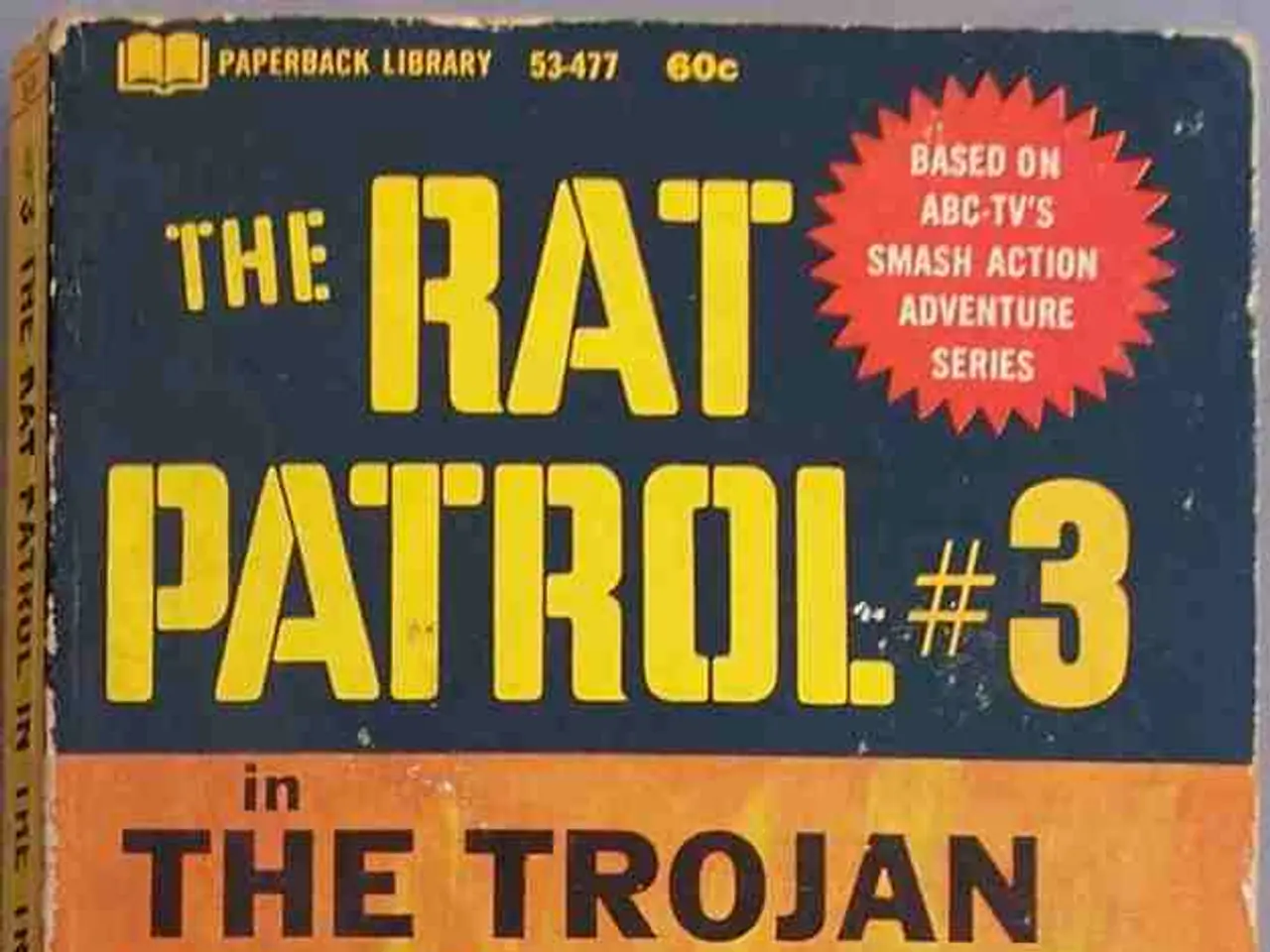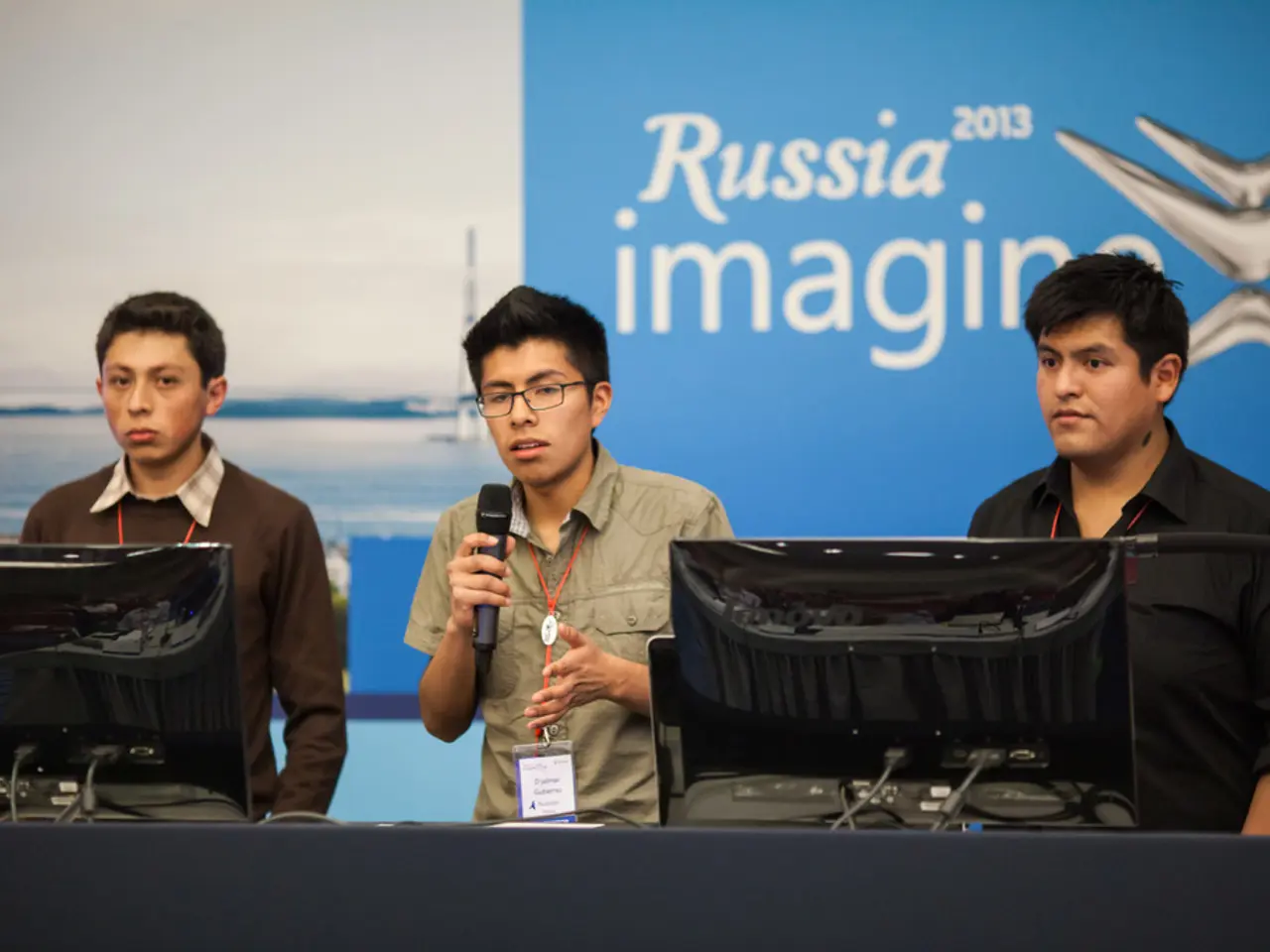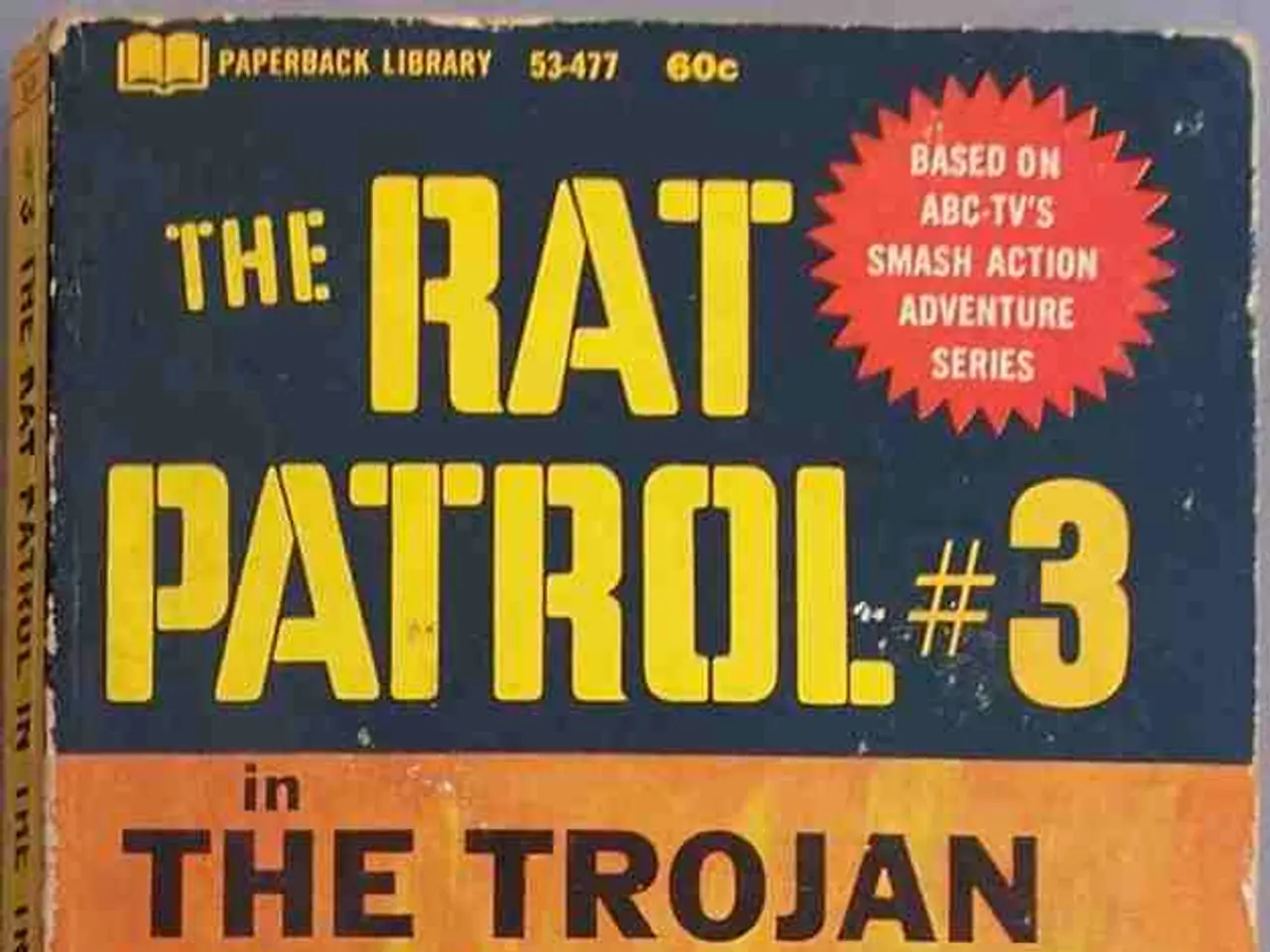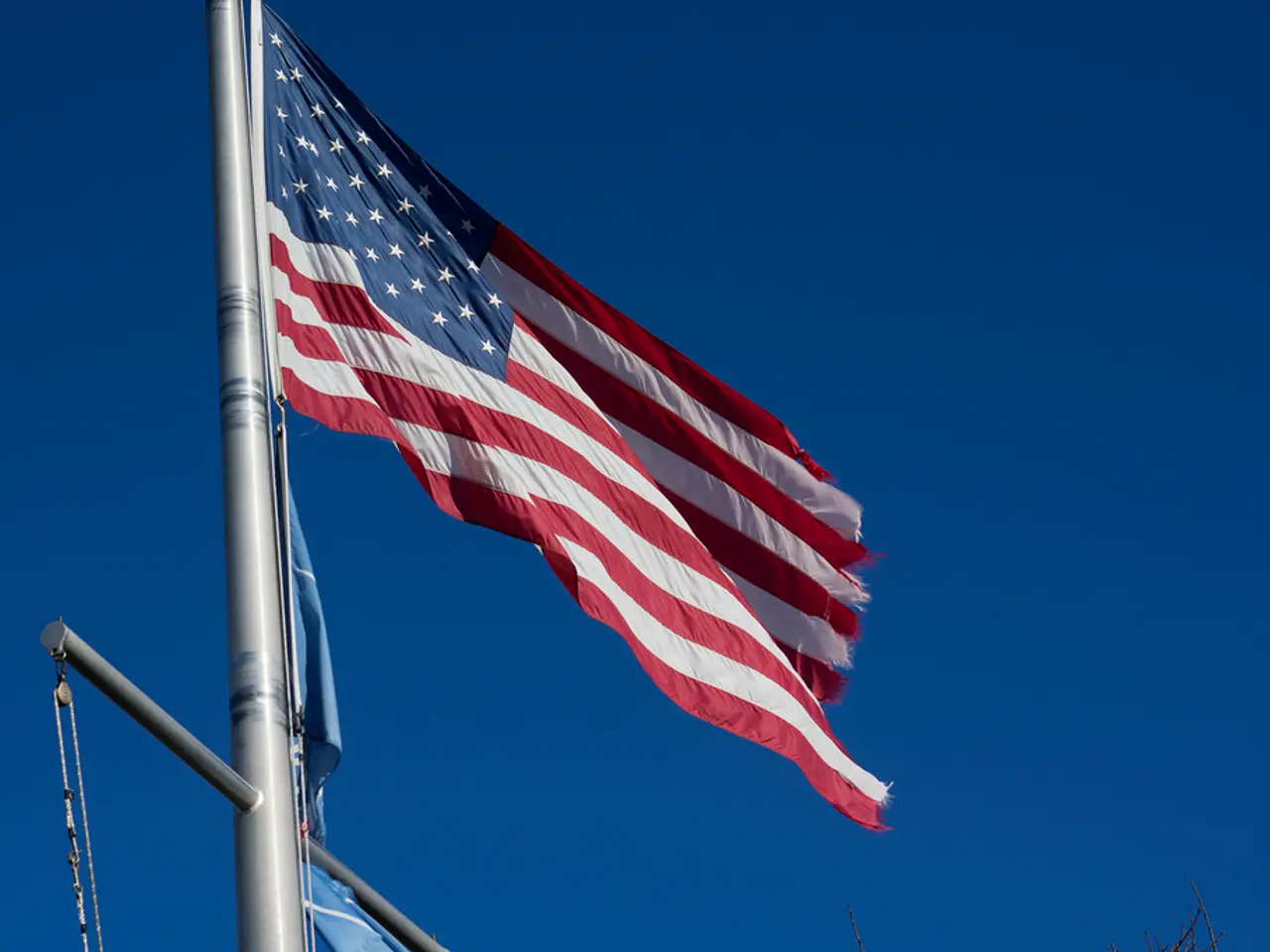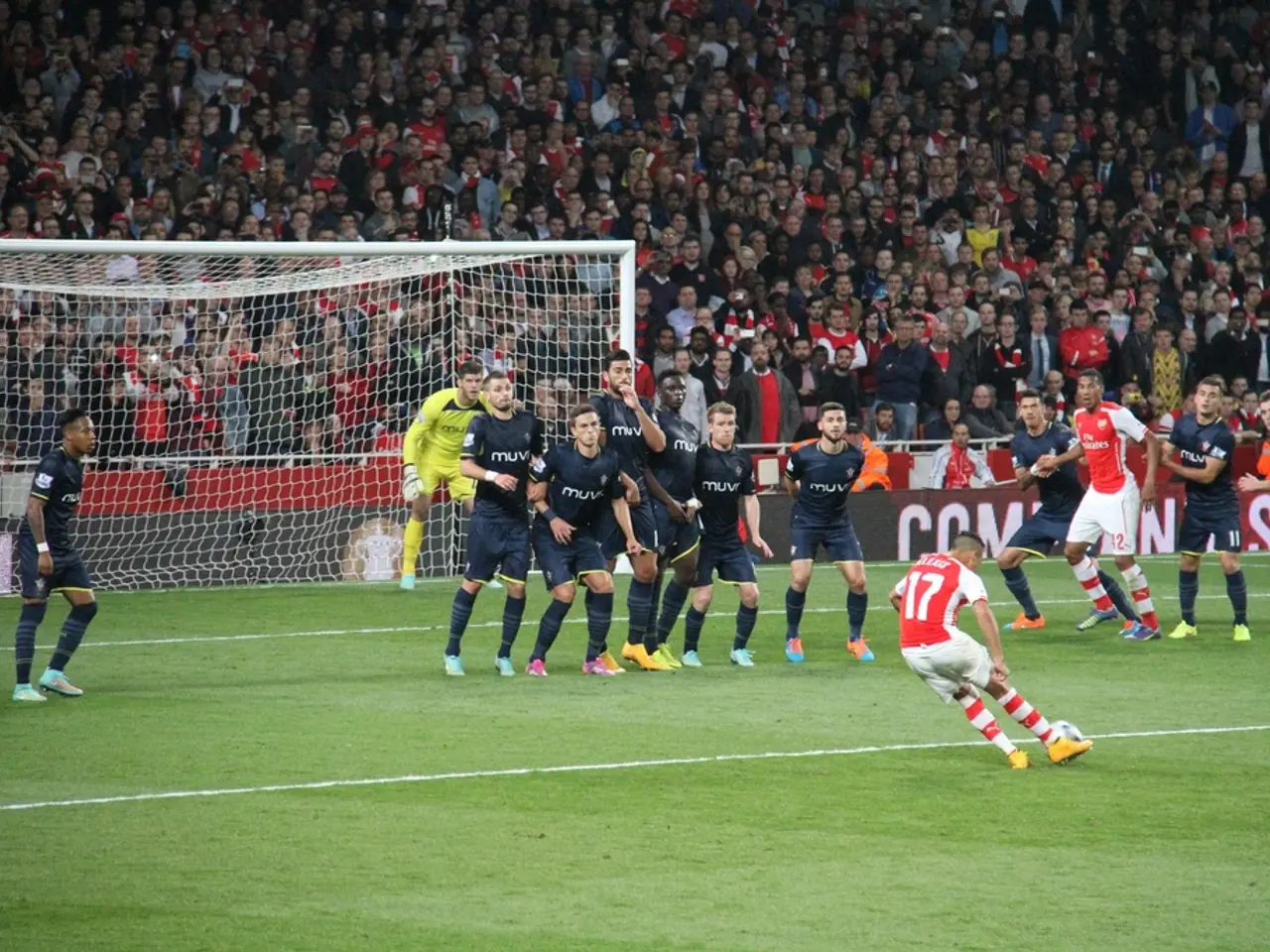Discourse on Russia's recent military triumphs in Ukraine, explored by military analyst Michael Kofman.
Russia has declared full control over the Luhansk People's Republic in eastern Ukraine as of June 30, 2025, marking the formal completion of what Russian officials call the "reunification" of Luhansk with Russia after more than a decade of conflict in the region.
This significant development solidifies Russia’s territorial claims in eastern Ukraine and aligns with its broader ambitions to control large swathes of Ukrainian territory, especially in the east and south. High-ranking Kremlin officials, including President Vladimir Putin, have emphasized narratives that consider Ukraine and Russia as one people, denying Ukrainian sovereignty and reinforcing efforts to integrate seized territories into Russia proper.
The full control of Luhansk reinforces Russia’s strategic position, and according to analysis, it is part of a broader Russian campaign to occupy all Ukrainian lands east of the Dnipro River and parts of southern Ukraine by 2026. On the ground, this likely means the extension of Russian administration, military presence, and potentially intensified efforts to solidify Russian governance and integration in the area, further diminishing Ukrainian control and resistance.
Michael Kofman, a senior fellow at the Carnegie Endowment for International Peace, was called to discuss the situation in Ukraine. Kofman is increasingly skeptical that peace talks will take place in the fall and believes the war will drag on into 2026. It is likely that the Russian military will keep pushing at least until the winter of the coming year, and it is not clear that the war will end in 2025.
The Russian military has been prosecuting a slow and grinding advance in Ukraine, with the focus of its campaign being to take the rest of Donetsk. The Russian drone strike campaign has significantly increased in number of drones and cruise missiles launched into Ukraine. Meanwhile, both Russia and Ukraine have expanded strike campaigns against each other, targeting critical infrastructure and military targets. Ukrainian strikes have targeted Russian defense industry, energy industry, and special operations like Operation Spiderweb by Ukrainian SBU Alpha.
The situation for Ukraine is not terrible but not great, according to Kofman, with the fighting informing both sides about their prospects on the battlefield and negotiating positions. However, if the pause in weapon shipments continues, it could have a significant effect as we get later into the fall. The question is what is more sustainable, the Russian offensive effort in Ukraine or the Ukrainian defensive effort, which sets up both sides for potential negotiations down the line.
It should be noted that Russia's claims of full control over Luhansk have not been confirmed by Ukrainian officials, and the impact of this specific weapon shipment pause on Ukraine is not expected to be significant. Nonetheless, the escalation of the conflict in eastern Ukraine is a cause for concern, and the international community continues to monitor the situation closely.
References: [1] "Russia Claims Full Control Over Luhansk in Eastern Ukraine." BBC News, 1 July 2025.
- The full control of Luhansk by Russia aligns with their broader policy-and-legislation objective to control vast territories in Ukraine, escalating tensions in the region and potentially influencing general-news discussions about politics and war-and-conflicts.
- The escalation of the conflict in eastern Ukraine, as indicated by Russia's claimed full control over Luhansk, holds the potential to intensify political tensions, necessitating increased scrutiny from the international community and heightening the significance of policy-and-legislation decisions related to war-and-conflicts.
